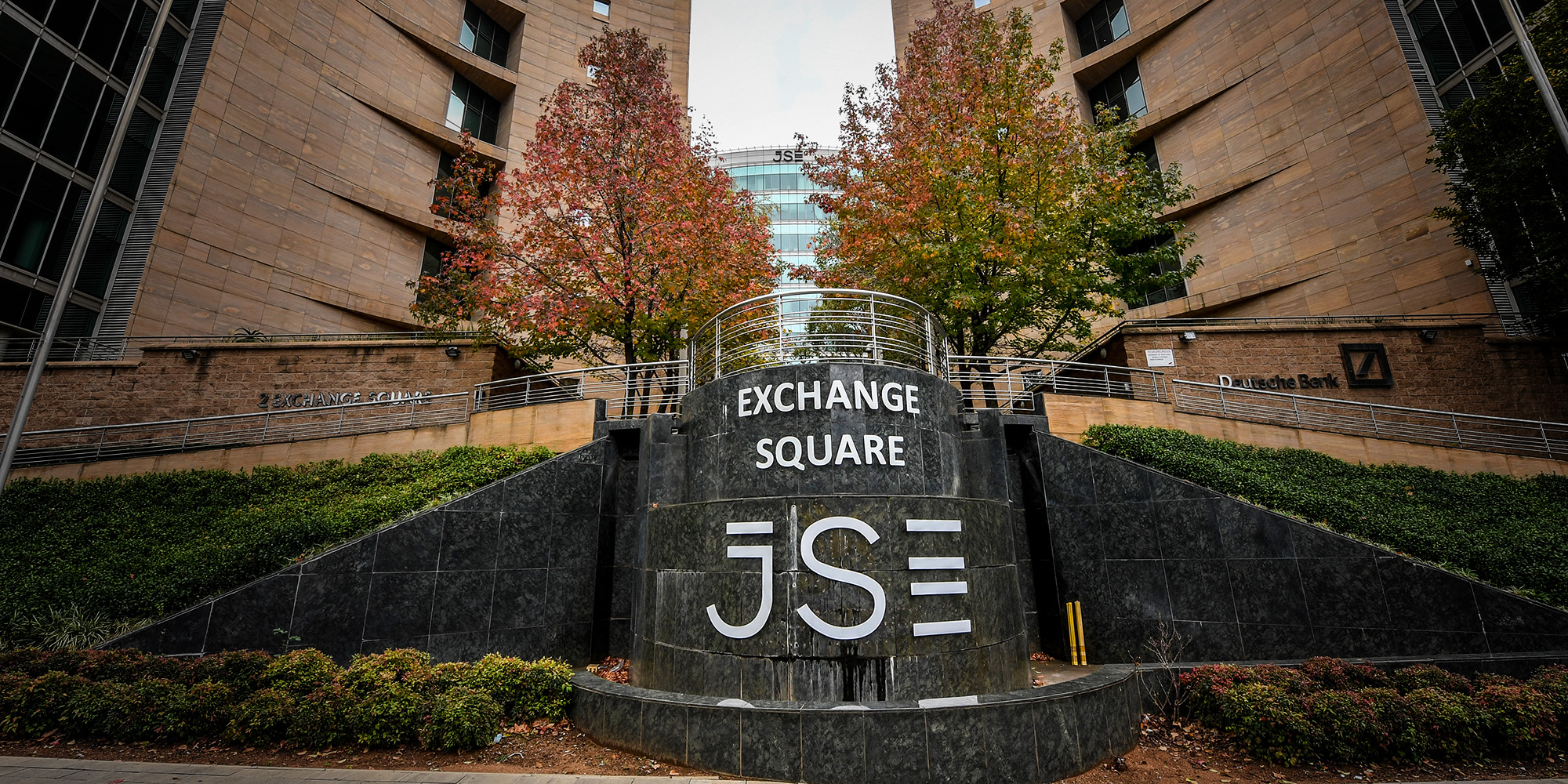This year has seen some blockbuster dealmaking, signalling a nascent recovery for South Africa’s mergers and acquisitions market after a lengthy drought.
Takeover deals worth billions of rands on the JSE have kept transaction advisers and corporate lawyers busy this year – and they have been richly rewarded through fees.
This cycle of corporate activity is interesting for two reasons.
First, cash-flush foreign investors have been sniffing around South Africa and leading the dealmaking cycle.
Second, the dealmaking of 2024 infers that global investors are still positive about South Africa and its prospects as they find value in local companies.
This year started with a bang as French giant Canal+ tabled an offer worth more than R31-billion to buy MultiChoice, the owner of DStv. Australian mining giant BHP made a bid for Anglo American in a deal worth nearly R800-billion, but the offer was rejected three times. There are rumours that BHP is not giving up on Anglo and might table another buyout offer. On Wednesday, 11 December, industrial and consumer group Barloworld told shareholders it received a R22.8-billion buyout offer from a consortium led by its CEO and Saudi Arabia-based group Zahid.
Bell Equipment, a manufacturer of heavy industrial machinery, was a takeover target in a deal worth R5.1-billion that failed to get over the line and might be revisited. Capital & Regional, a JSE-listed owner of shopping malls in the UK, is being bought by Britain’s NewRiver for more than R3-billion.
The list of deals goes on and on, especially corporate activity involving small and mid-capitalisation companies.
African Bank bought Sasfin Bank’s finance businesses for R3.25-billion; a Chinese firm bought control of MC Mining for R1.6-billion; Sanlam completed the acquisition of smaller rival Assupol; Grindrod Shipping was delisted this year after UK-based Taylor Maritime completed its nearly R10-billion bid for the company; Novus made a R750-million cash offer for ICT firm Mustek; and Ascendis Health, a healthcare group, has been subject to a drawn-out and nasty battle to take it private.
Dealmaking has even involved little-known or little-traded companies, including TeleMasters (a technology group), DRA Global (an engineering services company) and Workforce (an employment and staffing services group).
So, what is driving this corporate activity?
And what are foreign investors seeing in South African companies when the country’s economy is flat-footed, public finances are constrained and politics are volatile even under a Government of National Unity?
The answer is that foreign investors are interested in South African companies because they are cheap. A weak rand against major currencies (as has been the case for many years) boosts the war chest of foreign investors, making it easy to buy local companies. The shares of most companies on the JSE, especially those targeted for takeover this year, have been trading at deep discounts to their net asset values (NAV). In other words, investors see company shares being valued lower than their estimated value of assets (after debt is accounted for). It’s like figuring out what a company is worth if you sold everything it owns and paid off all its debts. A discount to NAV could be seen as a buying opportunity, but it could also mean investors are nervous about the company’s future.
The share prices of companies including MultiChoice, Anglo American, Barloworld and others have been trading at discounts of more than 20% to NAV for a sustained period, making them look cheap. This paves the way for opportunistic and bargain purchases by foreign investors.
Wayne McCurrie, a prominent money manager now retired, recently told me that he hasn’t seen such steep discounts in a very long time. And McCurrie should know this, considering that his memory and investment career are long, dating back to when trades were executed on the trading floor at the JSE’s downtown Joburg headquarters.
How did we get here with cheap valuations?
I’m afraid the governments of Jacob Zuma and Cyril Ramaphosa are to blame as investors have been left disappointed by the empty promises to grow the economy, end Eskom blackouts, clamp down on systemic corruption, rein in unsustainable government debt levels and end taxpayer-funded bailouts to state-owned enterprises.
More recently, investors have been disappointed by “Ramaphoria”, that burst of optimism about South Africa that was unleashed after the election of Ramaphosa as President in 2018, which promised pro-growth and investment reforms, and a clean-up of the state. “Ramaphoria” turned into “Ramageddon” as the reform process has been slow, injecting the sobering reality of the enormous political and economic crises that South Africa faces.
South Africa became uninvestable for a long time, and investors saw an opportunity to invest in other markets such as Brazil, Russia, India and China, whose economies were growing strongly. The tide has turned as most of those countries are now uninvestable; Russia faces many sanctions because of its invasion of Ukraine; the economies of China and India are slowing down; and Brazil is grappling with a double whammy of currency weakness and inflation.
Now South Africa has an opportunity to attract investments. The discounts to NAV of shares still reflect how bad things are in South Africa, even though the energy crisis has faded. Economic growth is still stuck below 1.5% and government debt levels, at R5.6-trillion this year, are unsustainable. For every R1 raised in taxes by the government, 22 cents is now spent on servicing the debt, leaving little money for country-enhancing service delivery programmes.
To their credit, the management in South Africa-domiciled companies have grown profits and scaled up without decent economic growth over the past decade or a supportive environment. And investors appreciate this. DM
Business Maverick
After the Bell: Why foreign investors continue to back South Africa Inc
The JSE has seen some mega deals in 2024. SA-based companies are dirt cheap, paving the way for opportunistic and bargain purchases by cash-flush foreign investors.





